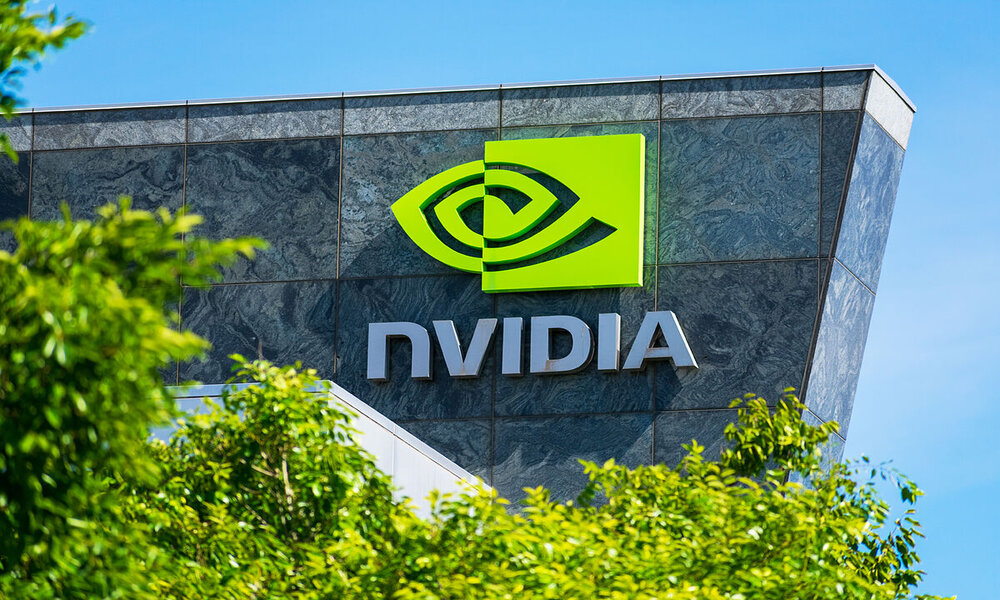He 52% of government CIOsexcluding the US, expect their IT budgets to increase in 2026. According to Gartner, these expectations are due to the expansion of AI and other key technologies over the next year.
These budget increases will come despite existing pressures to balance budgets, as governments mostly recognize the potential of AI to modernize public services and achieve various important objectives.
The top four technologies in which government CIOs, other than the US, plan to increase their investments next year are cybersecurity (85%), AI (80%), generative AI (80%) and cloud platforms (76%).
74% of CIOs in public administrations have already implemented, or plan to implement, AI in the next 12 months. In the case of generative AI, this percentage rises to 78%. Interest in AI agents is also increasing, with 49% saying they have already implemented them or plan to do so within the next year.
According to the consultancy, there are high expectations for both AI and other key technologies, as many governments want to advance the productivity of public employees in 2026. 51% of CIOs will therefore increase their focus on boosting employee productivity in 2026, while 38% will focus on launching new digital products and services, and 37% on improving the overall experience of citizens.
Additionally, 55% of government CIOs expect changes in the way they interact with technology providers amid rising geopolitical tensions and concerns over digital sovereignty. Location is now a determining factor in procurement decisions, along with cost or scale, and 39% of government CIOs plan to work more closely with technology providers based in their region.
To Arthur Mickoleit, Director Analyst at Gartner«Geopolitical shifts and economic volatility are forcing government CIOs to quickly adjust their priorities for the coming year. They are asked to demonstrate the impact of technology investments on the mission, including, but not limited to, cost savings and user experience«.
Mickoleit has also highlighted that «Agentic AI is emerging as an enabler of government transformation, but CIOs must be aware of the hype that can distract from more mature technologies, such as machine learning and business process automation. This next wave of innovation will be essential to meeting public sector priorities, especially as expectations are high after years of investments in digital governance«.
On the other hand, he commented that «Government CIOs are increasingly looking to reduce dependence on global technology providers to bolster resilience. Many are now factoring geopolitical risk into supplier selection and long-term planning. Identifying risks and dependencies in public sector technology stacks will ensure they can mitigate and absorb future disruptions«.










